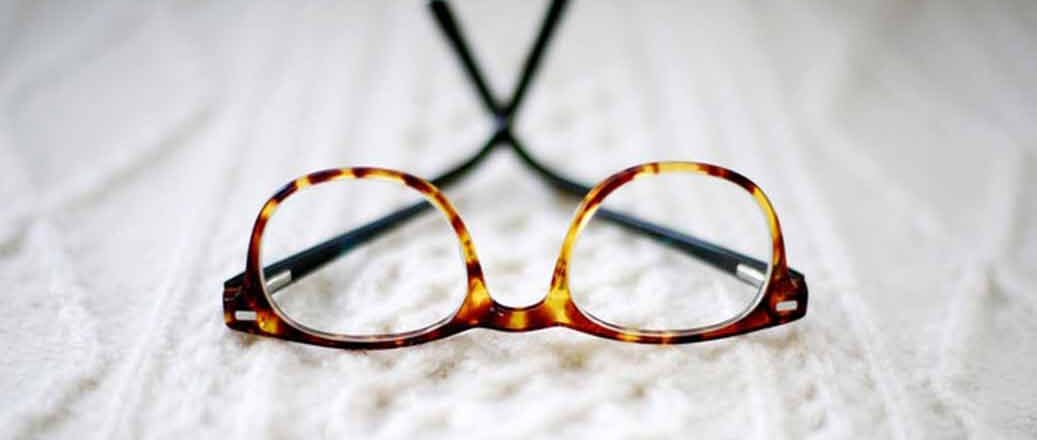Vital Practices for Optimal Vision
Explore essential habits and guidance for sustaining optimal eye health. This extensive manual covers a spectrum of aspects, from nutrition to precautionary measures, assisting you in preserving and improving your vision.
Ensuring good eye health is more than a luxury; it’s a necessity for a vibrant and active life. Beyond mere vision correction, maintaining healthy eyes contributes to overall well-being. This detailed guide delves into numerous ways to care for your eyes, providing answers to key questions and practical advice to keep your vision sharp and clear.
Nourishing Your Eyes Through a Balanced Diet
The Significance of a Well-Balanced Diet for Eye Health
Maintaining healthy eyes starts with a balanced diet. Including a variety of fruits and vegetables, particularly those rich in antioxidants like dark leafy greens, is essential. Foods high in omega-3 fatty acids, such as salmon and halibut, also play a crucial role in protecting against macular degeneration and dry eyes.
Connecting Physical Activity to Eye Health
Exercise as a Cornerstone for Healthy Vision
Regular physical activity extends its benefits to eye health by reducing the risk of obesity and related diseases like diabetes, which can lead to vision impairment. Encouraging an active lifestyle is especially crucial for children as it lays the groundwork for lifelong eye health.
Vision Vigilance: Identifying and Addressing Changes
Recognizing and Managing Vision Changes
Remaining vigilant to changes in your vision, such as increased blurriness or difficulty in focusing, is crucial. Promptly communicating such changes to healthcare professionals is essential, as they could indicate underlying health issues.
Maintaining Eyewear for Optimal Functionality
Caring for Glasses and Contact Lenses
Proper care of glasses and contact lenses through regular cleaning, correct storage, and handling not only extends their life but also ensures the best possible vision correction.
Eye Hygiene: Key to Infection Prevention
Maintaining eye hygiene, including regular handwashing before touching your eyes or handling contact lenses, is vital in preventing infections. It’s also crucial to replace contact lenses as recommended and avoid wearing them overnight unless designed for extended wear.
Protecting Your Eyes in Different Environments
The Necessity of Protective Eyewear
Using protective eyewear during activities such as sports, woodworking, or handling chemicals is essential for preventing eye injuries. Safety glasses and goggles are designed to provide necessary protection in these scenarios.
Sunglasses’ Role in Eye Protection
Choosing the Right Sunglasses for UV Protection
Sunglasses are more than a fashion statement; they are crucial for protecting your eyes from harmful UV rays. Choosing sunglasses that block 99% to 100% of UVA and UVB rays is vital for preventing conditions like cataracts and photokeratitis.
Alleviating Digital Eye Strain in the Digital Age
Effective Strategies to Ease Screen-Related Eye Strain
Adopting the 20-20-20 rule and ensuring proper lighting in the workspace, adjusting screen brightness, and using anti-glare screens can help minimize digital eye strain.
Understanding Smoking’s Impact on Eye Health
Recognizing the Risks of Smoking to Vision
Smoking significantly increases the risk of severe eye conditions, including cataracts and age-related macular degeneration. Quitting smoking is a crucial step towards preserving your eye health.
The Significance of Family Eye Health History
Discussing and Recognizing Genetic Risks
Knowing your family’s eye health history can help you understand your risk for certain eye conditions. This knowledge guides you in taking preventive measures and scheduling regular eye exams.
Advanced Tips for Optimizing Eye Health
Comprehensive Strategies for Superior Eye Health
In addition to the mentioned tips, regular eye exams, proper lighting when reading or working, and effectively managing chronic conditions like hypertension and diabetes are fundamental for maintaining superior eye health.
Dietary Recommendations for Vision Enhancement
Nutritional Choices for Improved Eyesight
Foods rich in vitamins A, C, and E, along with minerals like zinc and antioxidants such as lutein and zeaxanthin, are essential for improving eyesight. Incorporating carrots, berries, eggs, nuts, and citrus fruits into your diet can provide these vital nutrients.
Practical Eye Exercises for Eye Health Maintenance
Simple Yet Powerful Eye Exercises
Eye exercises, including focusing on different distances, blinking exercises, and palming, can be beneficial for maintaining eye muscle strength and relieving strain. General physical exercises contribute to better blood circulation, which is helpful for eye health.
Drinks That Promote Eye Health
Hydration and Eye-Friendly Beverages
Proper hydration is crucial for maintaining eye health. Beverages like green tea, rich in antioxidants, and plenty of water, which helps maintain eye moisture, are particularly beneficial for eye health.
Addressing Blurry Vision Naturally
Home Remedies and Lifestyle Changes for Clear Vision
Natural methods to address blurry vision include ensuring adequate sleep, reducing screen time, practicing relaxation techniques for the eyes, and maintaining a balanced diet. However, it’s always recommended to consult an eye care professional for persistent or severe vision problems.
Conclusion
Embracing a Lifestyle for Healthy Vision In conclusion, maintaining healthy eyes is integral to overall health and well-being. By adopting these comprehensive tips into your daily routine, you can significantly enhance your eye health and ensure long-term clarity and vision.


